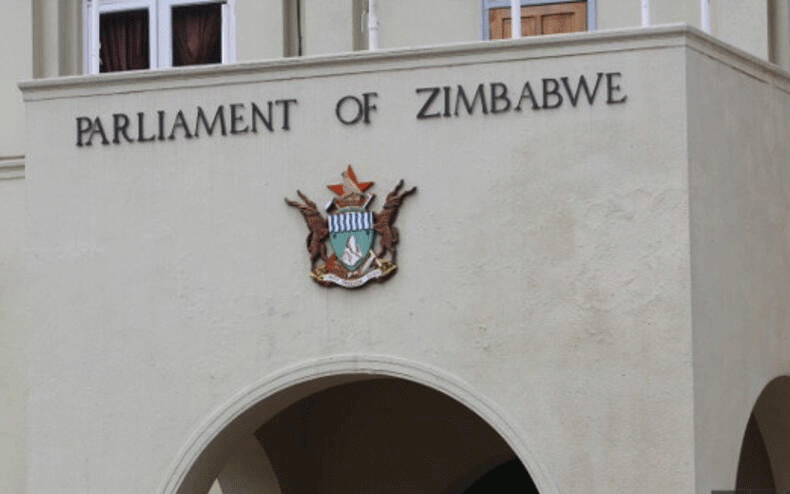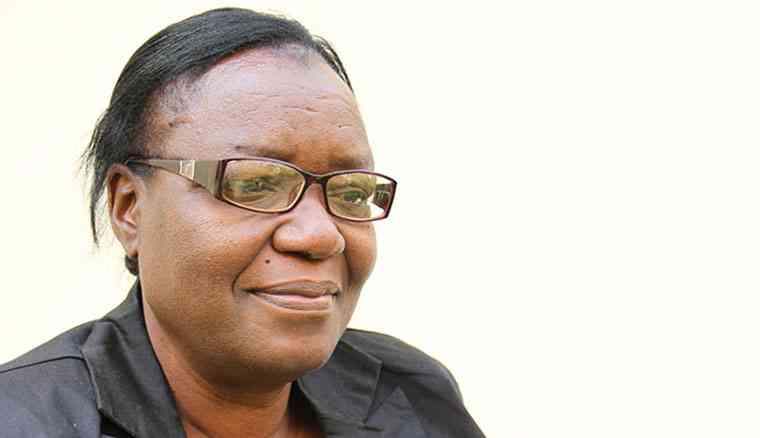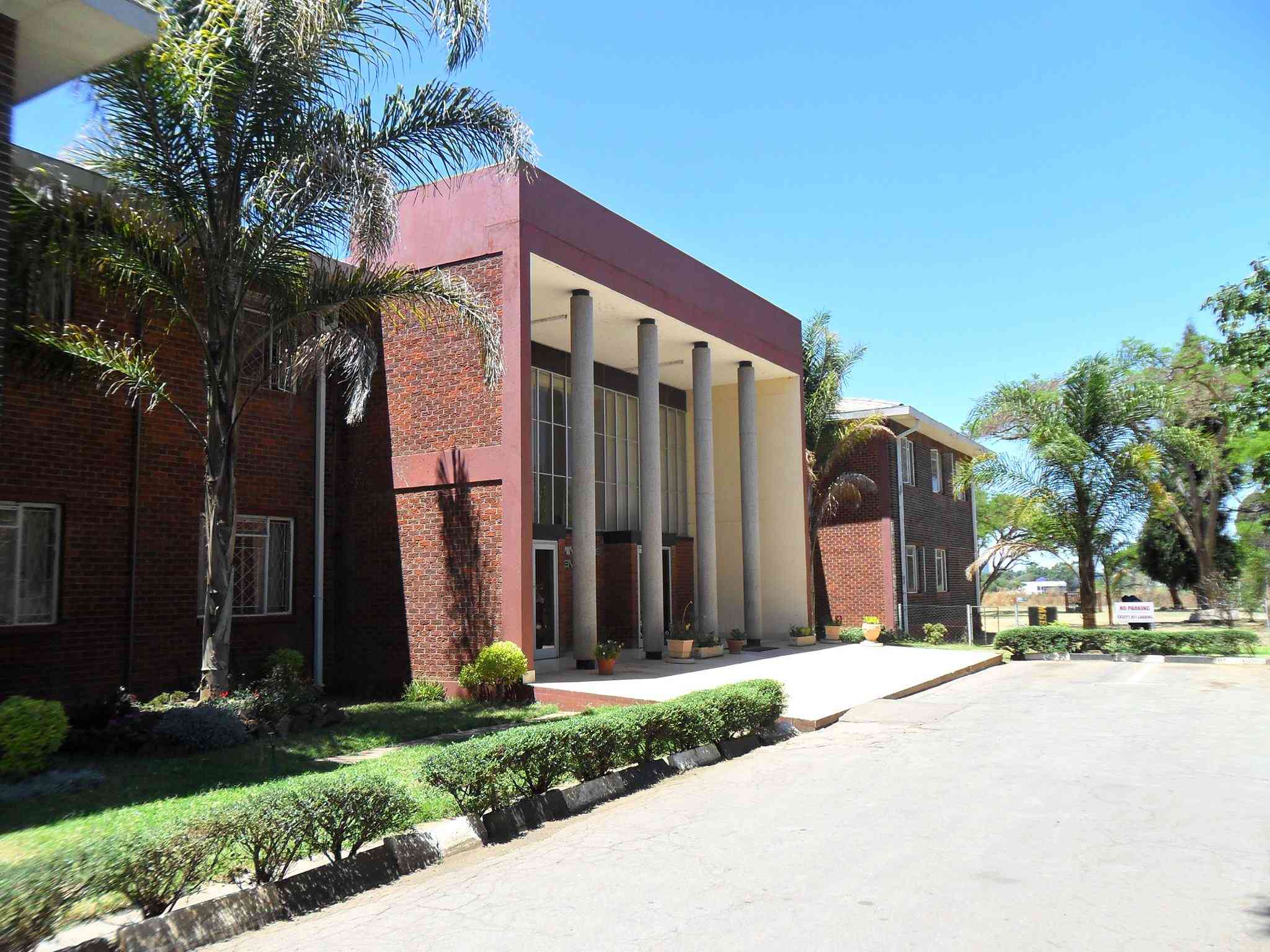
BY HARRIET CHIKANDIWA
LAWMAKERS have emphasised the importance of teaching local languages in schools to promote inclusivity, comprehension and national unity.
This was said during debate on a motion on legislation to promote the development of previously marginalised languages.
Bubi legislator Elizabeth Masuku said teaching local languages was crucial for inclusivity.
“When these languages are integrated into the education system, we create an environment whereby every child feels seen and valued.”
She added: “It acknowledges the linguistic diversity that characterises our nation and transforms it into strength rather than a hindrance. Furthermore, understanding and retaining concepts is often more efficient when taught in one’s native language.”
Rushinga legislator Barbra Thompson (youth quota) said promoting local languages fostered national unity.
“Promoting and teaching local languages is a cornerstone for inclusivity in a diverse society,” she said.
- Love for the ghetto lands Chinese national in soup
- Letter from America: Trump’s revenge: Supreme Court bans abortion
- Symptoms of toxicity at workplaces
- The Fiddler: Your days are numbered
Keep Reading
Beitbridge East legislator Sithabiswe Moyo said teaching local languages was important for culture preservation.
“If children are raised without knowing their mother language, they will fail even to understand the principles of our culture . . . If the teacher cannot understand Venda, it is very impossible for him or her to teach the children to reach a level where they can understand.”
President Emmerson Mnangagwa recently fired Higher and Tertiary Education, Innovation, Science and Technology Development deputy minister Simelisizwe Sibanda over his remarks against the deployment of a non-Ndebele-speaking teacher to a local school in his Bubi constituency.
He is alleged to have demanded the transfer of an early childhood development teacher who did not speak Ndebele, the mother tongue of the area.









